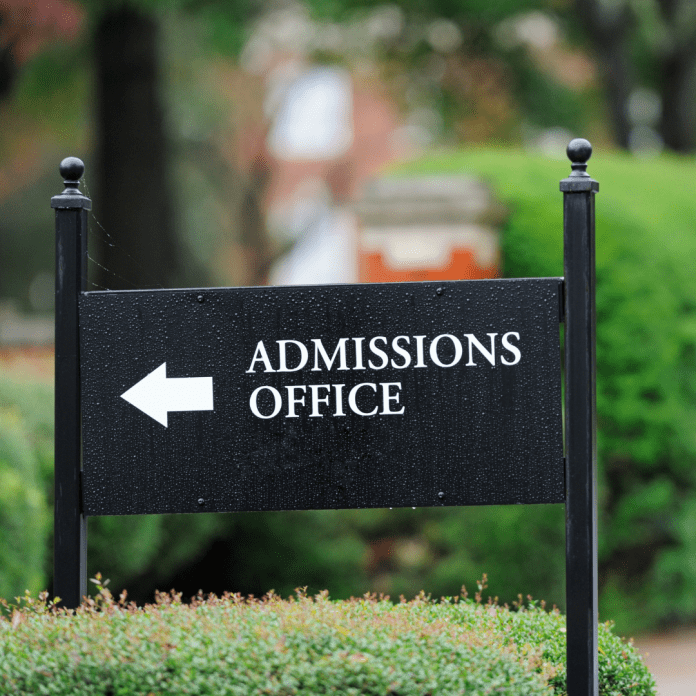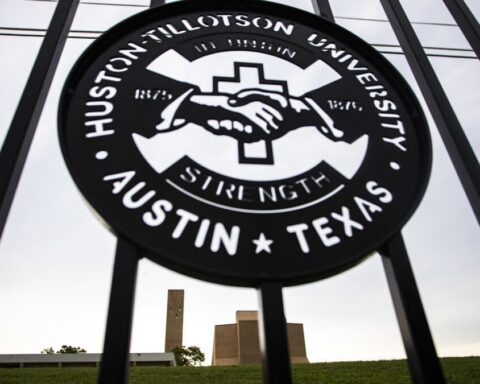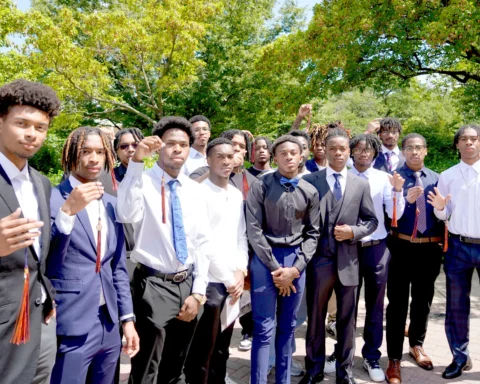By Walter Hudson
Legacy preferences in college admissions have plummeted to their lowest recorded level, with just 24% of four-year colleges still considering family alumni status in admissions decisions, according to a comprehensive new report from Education Reform Now. The dramatic decline signals a potential end to a controversial practice that critics have long condemned as perpetuating inequality in higher education.
The report, authored by James Murphy, director of Career Pathways and Postsecondary Policy, found that 420 institutions continue to provide admissions advantages to children of alumni, marking a sharp decline from previous years. The practice has seen particularly steep drops since 2015, when nearly half of all four-year colleges considered legacy status. Between 2022 and 2023 alone, 92 colleges abandoned legacy preferences, representing an 18% decrease that coincided with the Supreme Court’s landmark decision to ban race-conscious admissions.
This decline stems from both voluntary institutional decisions and new state legislation. In 2024, California, Illinois, Maryland and Virginia joined Colorado in restricting legacy admissions through state laws. The report indicates that 86% of colleges that ended legacy consideration did so voluntarily, while 14% were required by state legislation. Several more states are expected to introduce similar legislation in 2025.
Legacy preferences remain most entrenched at selective private institutions, particularly in the Northeast. More than half of colleges that admit 25% or fewer applicants still provide advantages to alumni children. The practice is now rare at public institutions, with just 11% still considering legacy status. In 24 states, no public colleges provide legacy preferences at all. New York stands out as having the highest concentration of colleges maintaining legacy admissions, with one in seven U.S. institutions still using the practice located in the Empire State.
The report challenges several common defenses of legacy admissions, including arguments that they help build campus community or are necessary for fundraising. It cites evidence that 76% of colleges successfully foster campus communities without legacy preferences, and questions whether wealthy institutions with multi-billion dollar endowments truly need to “trade admissions advantages for money.”
The analysis also addresses claims that ending legacy admissions could hurt diversity, particularly following the Supreme Court’s affirmative action ruling. The report argues that legacy preferences disproportionately benefit white and wealthy applicants, citing research showing that Asian American applicants face significantly lower odds of admission compared to white applicants with similar qualifications at selective institutions. According to one study, Asian American applicants had 28% lower odds of attending elite schools than white applicants with similar academic and extracurricular qualifications.
The report suggests that Congress could potentially impose additional endowment taxes on universities that maintain legacy preferences while offering reduced penalties to institutions that increase enrollment of Pell Grant recipients, community college transfers, and veterans. This approach would create financial incentives for institutions to abandon the practice.
“The shame of belonging to this group of colleges that think children of alumni have somehow earned an extra advantage in admissions is likely to push more colleges to drop the practice,” Murphy writes. “This is not a club that most colleges belong to or will want to belong to.”
The report also criticizes the Common Application for potentially enabling legacy admissions by requiring all applicants to identify where their parents earned bachelor’s degrees, even though this information is irrelevant for more than three-quarters of colleges. The report suggests that removing this question would be a significant step toward making college admissions more equitable.
“Ultimately, the reason to eliminate legacy preferences is not to achieve some other goal,” the report concludes. “The reason to get rid of them is that they are profoundly unfair and make a mockery of merit. Legacy preferences award some of the most advantaged students an additional advantage in the college admissions process on the basis of ancestry alone.”





